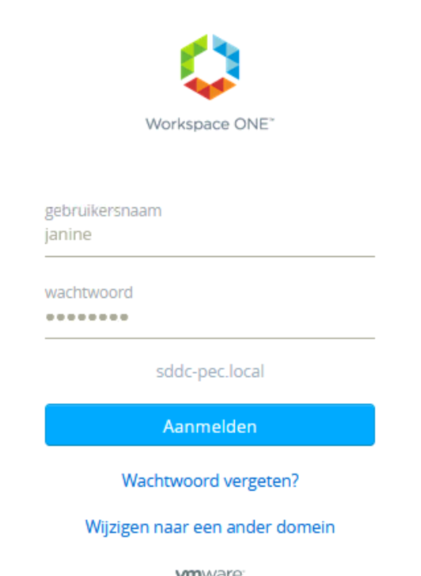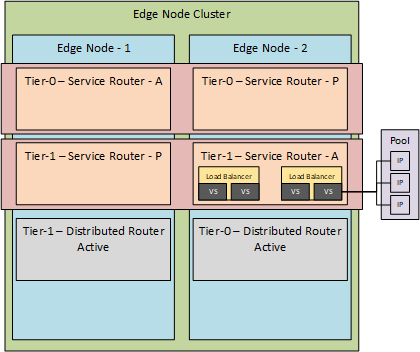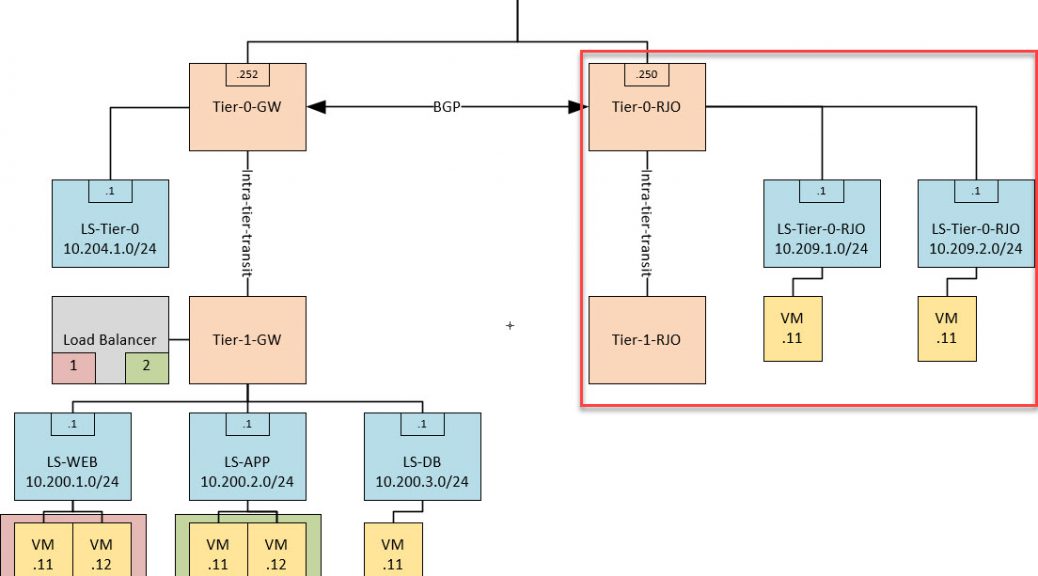Distributed Multi-Tier Routing in NSX-T
I learned something today, which in hindsight is obvious. Hopefully this helps someone that runs into the same “strange” (but not so strange) behavior. I created the following topology today, to prepare for some NSX-T demo I am giving tomorrow: What I (among other stuff) wanted to show, was that routing between Test-Segments “D” and “E” and “A”, “B” and “C”, is completely distributed. So when VM’s from the different segments live on the same host, no physical hops are…


